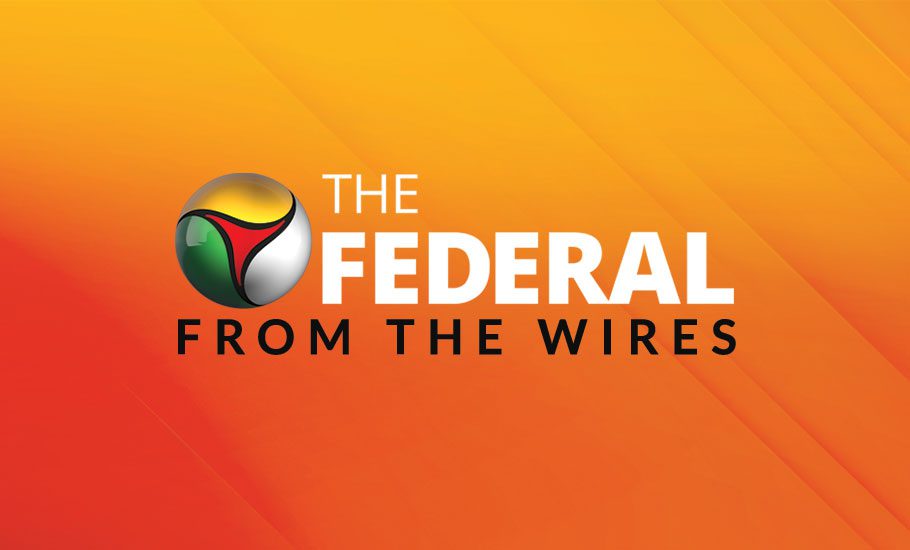
Economic growth projections of India, China give hope to South African economy: Finance Minister

India and Chinas projected economic growth figures give hope to the South African economy, Finance Minister Tito Mboweni has said, but cautioned that the countrys public finances are “dangerously overstretched”.
Delivering his budget speech in Parliament on Wednesday amid an economy ravaged by COVID-19 and the associated lockdowns, Mbowani said the damage caused by the pandemic runs deep, but “we are not without hope”. One of the reasons for this hope stems from a much improved economic outlook, he said.
Global economic growth is expected to rebound to 5.5 per cent in 2021 before moderating slightly to 4.2 per cent in 2022, buoyed by the expected rollout of COVID-19 vaccines and other additional policy initiatives, Mbowani noted.
“China is expected to grow at 8.1 per cent in 2021, while India will achieve a growth rate of 11.5 per cent in 2021. Sub-Saharan Africa is forecast to grow by 3.2 per cent. “In this context, the South African economy is expected to rebound by 3.3 per cent this year, following a 7.2 per cent contraction in 2020 and average 1.9 per cent in the outer two years,” he said, announcing the projected revenue and expenditure figures for the coming fiscal.
The main budget revenue is projected to be R1.35 trillion, or 25.3 per cent as a share of Gross Domestic Product in 2021/22, rising to R1.52 trillion by 2023/4 against total consolidated spending of R2 trillion each year, the majority of it on social services.
Included in the expenditure is an increase in the contingency reserve from R5 billion to R12 billion to make provision for the further purchase of vaccines and to cater for other emergencies.
With this framework we are on track to achieve our goal of closing the main budget primary deficit. We shall achieve a primary surplus on the main budget in 2024/25, Mboweni said.
The minister said he is also hopeful because the government is making meaningful progress in the implementation of its structural economic reforms. However, Mboweni cautioned that public finances were in dire straits.
An incorrect notion has taken hold that government is swimming in cash. Certainly, compared to last October, we are in a better place. But our assessment from the Supplementary Budget in June last year still stands: our public finances are dangerously overstretched, he said.
Our borrowing requirement will remain well above R500 billion in each year of the medium term despite the modest improvements in our fiscal position. Consequently, gross loan debt will increase from R3.95 trillion in the current fiscal year to R5.2 trillion in 2023/24.
We owe a lot of people a lot of money. These include foreign investors, pension funds, local and foreign banks, unit trusts, financial corporations, insurance companies, the Public Investment Corporation and ordinary South African bondholders, Mboweni said.
The minister also increased personal income tax brackets by 5 per cent, providing some relief to lower and middle income earners. “The personal income tax brackets will be increased by 5 per cent, which is more than inflation. This will provide R2.2 billion in tax relief. Most of that relief will reduce the tax burden on the lower and middle-income households. This means that if you are earning above the new tax-free threshold of R87 300, you will have at least an extra R756 in your pocket after March 1,” he said.
(Except for the headline, this story has not been edited by The Federal staff and is auto-published from a syndicated feed.)

